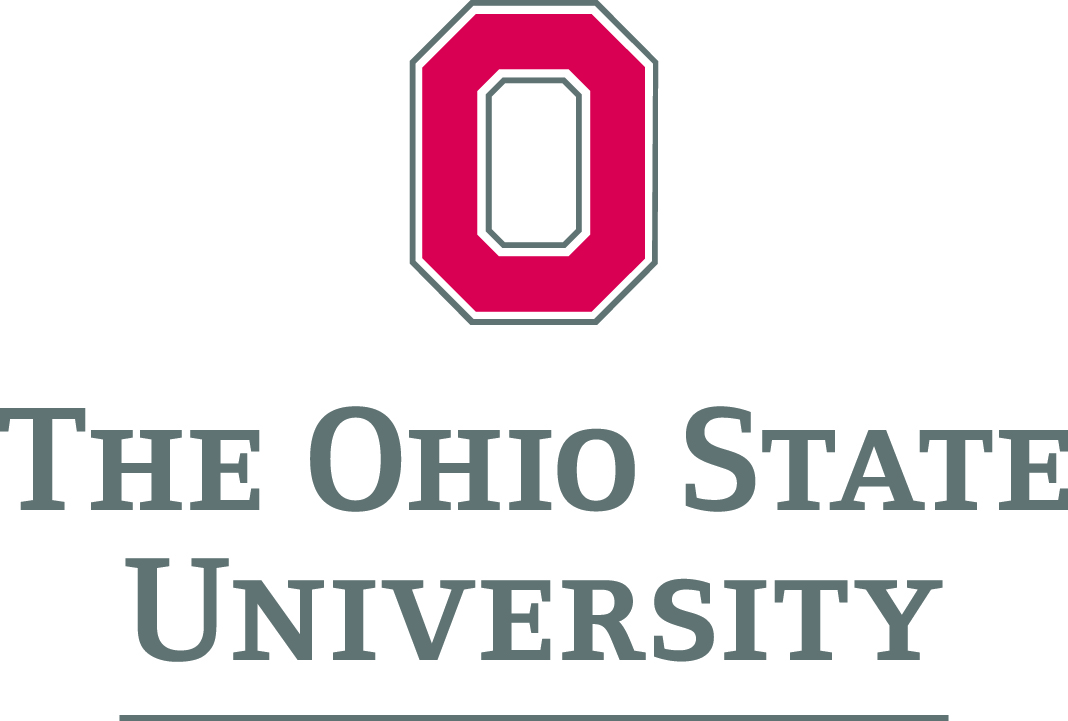Contact: Ken Costello, (614) 292-2831
Written by Jeff Grabmeier, (614) 292-8457[email protected]
CONSUMERS SAVE 5-12 PERCENT WHEN THEY SWITCH GAS COMPANIES
COLUMBUS, Ohio -- Residential consumers have benefited from competition in the natural gas market, but not significantly, according to the report by Ohio State University's National Regulatory Research Institute.
Consumers who switch natural gas suppliers as the result of deregulation save an average of 5 to 12 percent on their gas bills, the study found.
While any savings are welcome in this winter of soaring natural gas prices, many experts had hoped consumers would be saving even more, said Kenneth Costello, a senior economist at Ohio State's NRRI and co-author of the report.
"Residential customers have not experienced the same savings as did industrial customers when that market was deregulated," Costello said. "In those cases, prices dropped by at least 10 percent and sometimes significantly more."
However, he said small profit margins in the gas industry today mean companies can't offer big savings to residential customers.
Gas choice programs started in the United States in 1995. About 3 million customers in 23 states and the District of Columbia now participate in programs that allow them to choose who supplies their gas for heating and other purposes.
Costello and co-author Mohammad Harunzzaman, a senior research specialist at NRRI, examined price savings in 18 gas choice programs across the country. Data came from websites operated by the American Gas Association, the Energy Information Administration, Energy Info Source, Energy Guide, and various utility companies and state public utility commissions. They used price data reported between November 1999 and June 2000.
The results showed consumers saved money in 15 of the 18 programs studied, Costello said. In three programs, the average price was actually slightly higher than it would have been under the original gas utility, but those findings may be the result of limitations in the data that was available, Costello said.
Still, he said it is clear that some new companies in the deregulated gas market are charging more than the local gas utility's standard offer price. "It is puzzling how these companies could compete by offering higher prices," Costello said. "Perhaps the companies are able to capitalize on the inexperience of consumers in choosing a gas supplier, or perhaps some consumers are simply misinformed about what these companies charge."
However, some consumers who choose higher prices may not be misinformed, according to Costello. Customers who buy gas at a fixed price may be willing to pay more for gas today with the expectation that their fixed price will save them money when gas prices soar - such as is happening this winter.
Even when they have a choice, most customers don't choose a new gas supplier, he said. The reason is simple: consumers don't have the knowledge to make informed choices among different companies, and getting that knowledge is often difficult and time consuming.
"The expected benefits and cost savings relative to the costs and risks of switching companies are just too small to induce most consumers to switch," he said.
The fact that customers often find it difficult to compare deals between companies also helps explain why the study found such a wide variance in prices charged by different companies. "Prices vary when there is a lot of consumer misinformation and confusion about how to get the best deal," Costello said.
Costello said most people probably won't switch their gas suppliers until choice programs do a better job of educating consumers and making it easier to compare prices and benefits between different companies.
In addition, both companies and consumers will gain if companies repackage different services to add benefits for residential consumers. For example, companies may offer energy packages including electricity and gas, or offer services to help customers make their homes more energy efficient.
"Lower prices alone won't be enough to make most customers switch," Costello said. "It is inconceivable that gas choice programs will grow much without the availability of new services to customers. These services will provide greater benefits to consumers and opportunities for suppliers to earn higher profit margins."
The NRRI is an independent institute that provides research and assistance to the nation's state public utility commissions. It was established at Ohio State in 1976 by the National Association of Regulatory Utility Commissioners.
#
